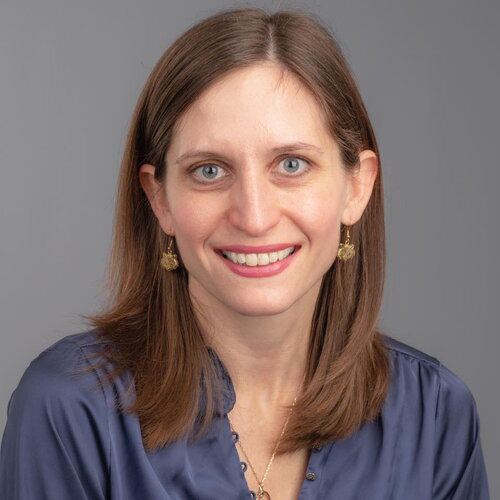Research Interests
Identities can be derived from many sources, including membership in social categories (e.g., race/ethnicity, religion, gender) and personal characteristics (e.g., opinions, beliefs). The overarching goal of my work is to better understand how individuals respond to threats to their social and personal identities, with a particular focus on majority versus minority identity.
Currently, I have two primary areas of research within this tradition. In the first, I study the factors that influence majority group members' (e.g., White/European Americans') perceptions of threat from and attitudes toward minority groups, and vice versa. Much of my work in this area examines reasons that majority group members may see multiculturalism - the recognition and celebration of diversity - as threatening, and ways to reduce these feelings of threat. In the second, I study the causes and consequences of stereotyping/prejudice among religious majorities (e.g., negative stereotypes about Christians' scientific abilities) and minorities (e.g., negative stereotypes about atheists' morality and trustworthiness), both within the U.S. and cross-culturally.
That said, I am interested in a wide variety of research topics related to self and identity, intergroup relations, and attitudes/social influence. Feel free to browse my publication list to get a sense of what I have worked on over the years!
Education
Organizational Behavior, PhD, Stanford University
Additional Campus Affiliations
Professor, Psychology
Center for Professional Responsibility in Business and Society Faculty Scholar, Gies College of Business
Recent Publications
Bagherian, M., Sheibani, H., Johnson, E., & Rios, K. (2026). Perceptions of Religious and non-Religious Doubters. International Journal for the Psychology of Religion, 36(1), 82-96. https://doi.org/10.1080/10508619.2025.2541978
Rios, K., & Mackey, C. D. (2026). Rethinking “religion” and “science” to cultivate mutual trust in the United States. Current Opinion in Psychology, 68, Article 102254. https://doi.org/10.1016/j.copsyc.2025.102254
Bagherian, M., Sayyad, P., Brown, M., & Rios, K. (2025). Affordances of Costly Religious Practices for Mating. Psychology of Religion and Spirituality. Advance online publication. https://doi.org/10.1037/rel0000577
Bagherian, M., Sayyad, P., Sheibani, H., & Rios, K. (2025). Fallout of faith in Iran: How religious leaders’ hypocrisy undermines beliefs while parents’ devotion sustains it. Psychology of Religion and Spirituality. Advance online publication. https://doi.org/10.1037/rel0000567
Mackey, C., & Rios, K. (2025). Do Demographic Increases in LGBT and Nonreligious Americans Increase Threat? Personality and social psychology bulletin, 51(2), 253-267. https://doi.org/10.1177/01461672231188278
